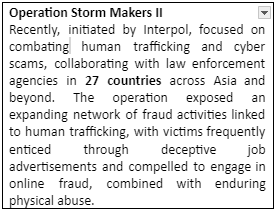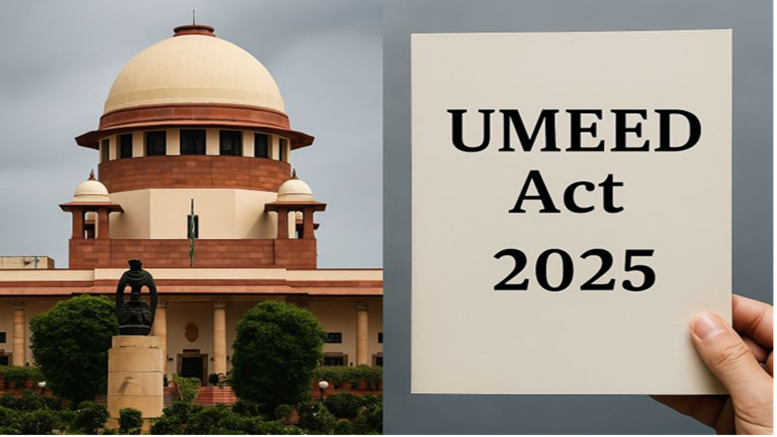- Courses
- GS Full Course 1 Year
- GS Full Course 2 Year
- GS Full Course 3 Year
- GS Full Course Till Selection
- Online Program
- GS Recorded Course
- NCERT (Recorded 500+ Hours)
- Polity Recorded Course
- Geography Recorded Course
- Economy Recorded Course
- AMAC Recorded Course
- Modern India, Post Independence & World History
- Environment Recoded Course
- Governance Recoded Course
- Science & Tech. Recoded Course
- International Relations and Internal Security Recorded Course
- Disaster Management Module Course
- Ethics Recoded Course
- Essay Recoded Course
- Current Affairs Recoded Course
- CSAT
- 5 LAYERED ARJUNA Mentorship
- Public Administration Optional
- ABOUT US
- OUR TOPPERS
- TEST SERIES
- FREE STUDY MATERIAL
- VIDEOS
- CONTACT US
INTERPOL: A CENTURY OF INTERNATIONAL POLICE COOPERATION
INTERPOL: A CENTURY OF INTERNATIONAL POLICE COOPERATION
11-01-2024
Recently, INTERPOL marked its 100-year anniversary, celebrating a century of international police cooperation.
Key Highlights of the 91st General Assembly
- The 91st Interpol General Assembly was held in Vienna, Austria, where INTERPOL was created in 1923.
- The Indian delegation, led by the Central Bureau of Investigation (CBI) and National Investigation Agency (NIA), urged member countries to deny safe havens to crime, criminals, and the proceeds of crime.
- Resolutions were passed to strengthen the collaborative response to disrupt financial crime and corruption, combat online child sexual exploitation, and promote diversity within Interpol itself.
Important Facts about Interpol
- Interpol, or the International Criminal Police Organization, is an inter-governmental organization with 196 member countries.
- It enables police in all member countries to work together to make the world a safer place.
- It is headquartered in Lyon, France, with seven regional bureaus worldwide, and a National Central Bureau in all 196 member states.
Types of Notices Released by Interpol
- Red Notice: To seek the location and arrest of persons wanted for prosecution or to serve a sentence.
- Yellow Notice: To help locate missing persons, often minors, or to help identify persons who are unable to identify themselves.
- Blue Notice: To collect additional information about a person’s identity, location, or activities in relation to a crime.
- Black Notice: To seek information on unidentified bodies.
- Green Notice: To provide warning about a person’s criminal activities, where the person is considered to be a possible threat to public safety.
- Orange Notice: To warn of an event, a person, an object, or a process representing a serious and imminent threat to public safety.
- Purple Notice: To seek or provide information on modus operandi, objects, devices, and concealment methods used by criminals.
- INTERPOL–United Nations Security Council Special Notice: Issued for entities and individuals who are the targets of UN Security Council Sanctions Committees.
Key Contributions of Interpol
- Interpol’s key contributions include providing a secure global police communications network called I-24/7, enabling countries to share alerts and requests for information worldwide.
- It also manages 19 police databases with information on crimes and criminals, accessible in real-time to countries.
Major Challenges Faced by Interpol and Solutions
|
|
|
|
|
|
|
|
|
India’s Engagement with Interpol
- India has been a member of Interpol since October 15, 1949.
- The Central Bureau of Investigation (CBI) in New Delhi serves as India’s National Central Bureau, connecting India’s national law enforcement with other countries and with the General Secretariat.
- In 2022, India hosted the 90th INTERPOL General Assembly

![img-PSYCHOLOGICAL WARFARE [PSYWAR]](https://i.filecdn.in/755esias/PSYCHOLOGICALWARFAREPSYWAR-1747206772505.jpg)

